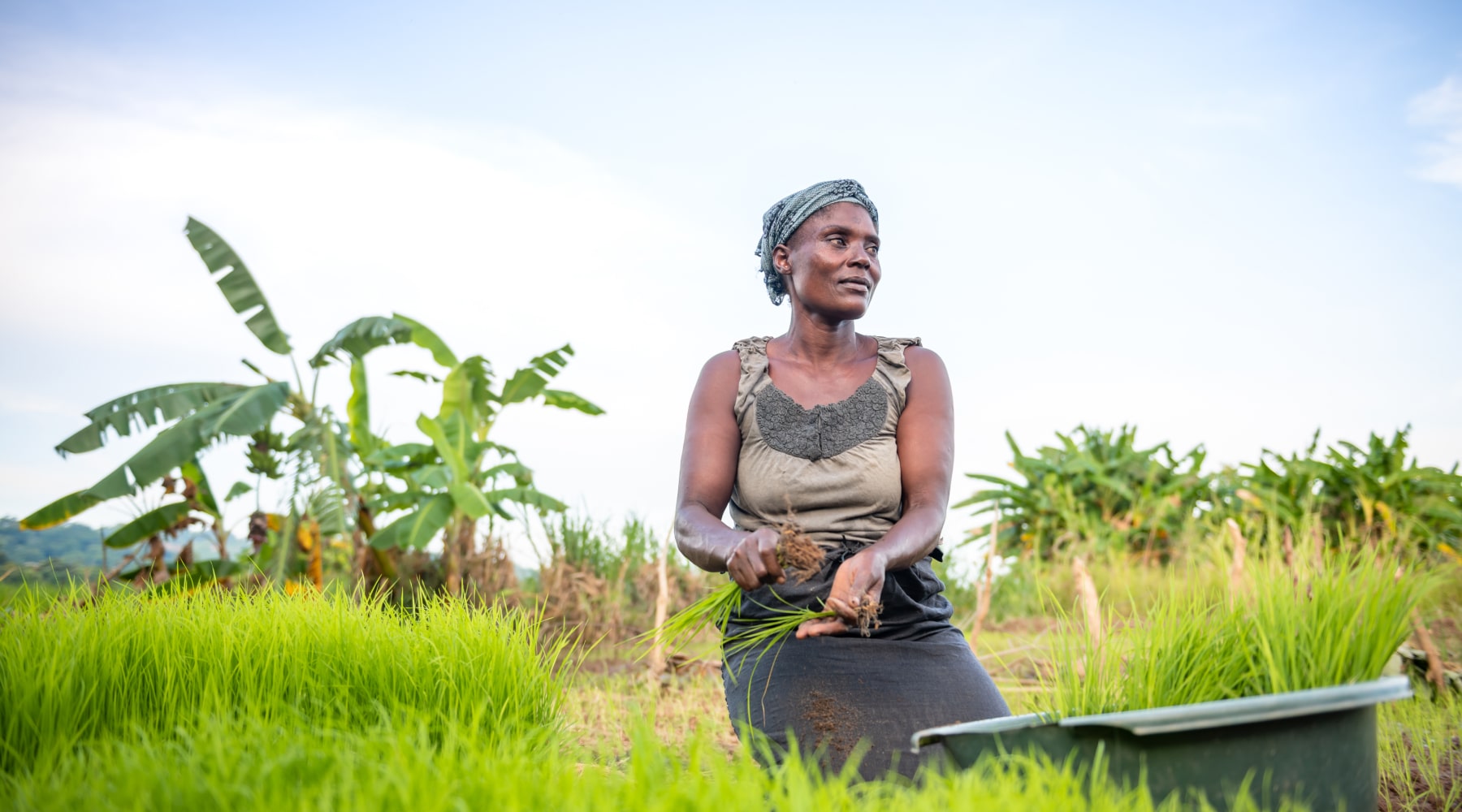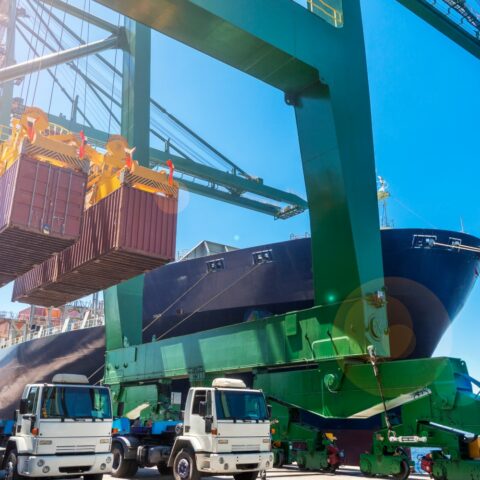The Challenge
Like their counterparts in other developing countries and least developed countries (LDCs), micro, small and medium enterprises (MSMEs) in Malawi must overcome multiple challenges in accessing international markets, including limited access to finance and inadequate infrastructure.
In Malawi, these obstacles are further compounded by regulatory hurdles, technical skills deficits, and a lack of critical information for would-be exporters, including understanding international quality standards, packaging requirements, and export documentation. This curtails their ability to capitalise on potentially lucrative overseas opportunities.
Currently, only 11% of MSMEs export their goods and most of these are medium-sized companies. Only 2% of all MSMEs are engaged in cross-border trade, representing just 10% of total exports.
An absence of pre-arrival processing means that declarations are submitted only after goods arrive at ports of entry. Between 20-40% of all import declarations are subject to formal or informal dispute relating to goods classification, creating delays of up to eight weeks and consistent upwards tariff adjustments on appeal.
What We Are Doing
By enhancing the capacity of registered MSMEs to engage in cross-border regional trade, this project is setting up an export training programme focused on the agri-food sector and introducing a user-friendly Harmonised System (HS) classification tool.
Through a public private partnership approach, the Alliance is working with key stakeholders, including the Malawi Revenue Authority, the Ministry of Trade and Industry, the Clearing and Forwarding Agents Associations of Malawi, the Indigenous Customs Clearing and Forwarding Association of Malawi, the Small and Medium Enterprises Development Institute and the National Association of Small and Medium Enterprises.
The training programme will target potential exporters, preparing them for an anticipated upswing in regional trade. The African Continental Free Trade Area (AfCFTA) is expected to grow agricultural trade exponentially in the coming years, with knock-on benefits in terms of job creation and rising incomes. The training will instruct participants on how to navigate export processes and provide information on necessary certifications, regulatory requirements, quality standards and documentation procedures. It will also cover online marketing techniques.
The World Customs Organization uses HS codes (also known as tariff codes and tariff or HS classifications) to identify individual products. Adopting this system will create greater certainty and transparency in treatment of goods, while also avoiding delays, fines, and overpayment. Introducing an HS Classification and Tariff Information Tool will enable traders to assign commodity codes and assess associated tariffs, with MSMEs standing to gain most. The tool will allow MSMEs to better understand market opportunities, duty obligations, compliance requirements, and preferential origin rules.
The Impacts
The project aims to reduce the time and cost of trade, increase public and private sector engagement, and strengthen the capacity of formal MSMEs to trade internationally.
This project complements the Alliance’s other project currently in implementation to introduce a new licensing framework for customs clearing agents, significantly improving the country’s trade competitiveness.
The HS tool will enhance compliance, reduce the scope for erroneous filing and help in fostering a more inclusive, transparent trading environment.


 Malawi
Malawi

